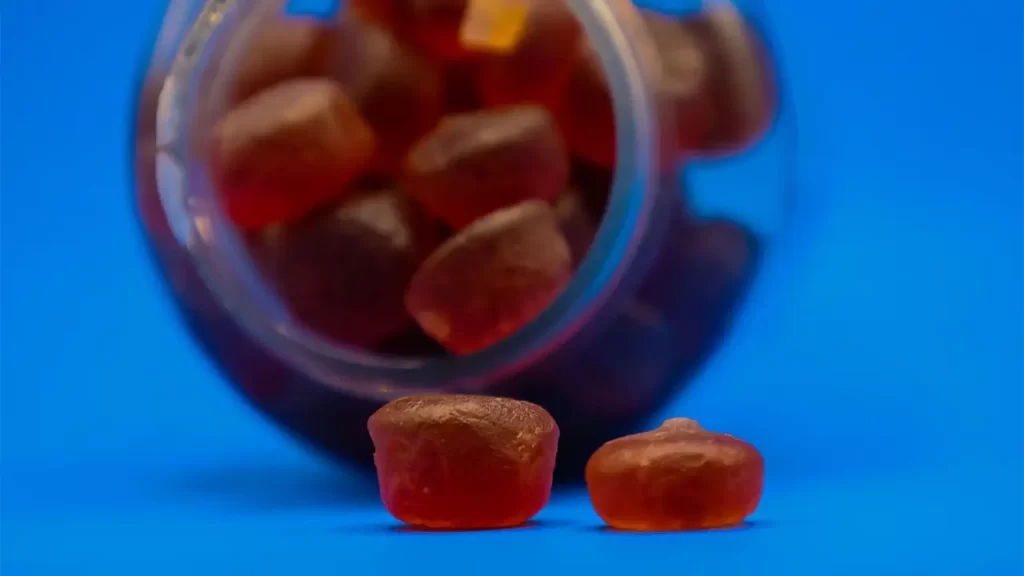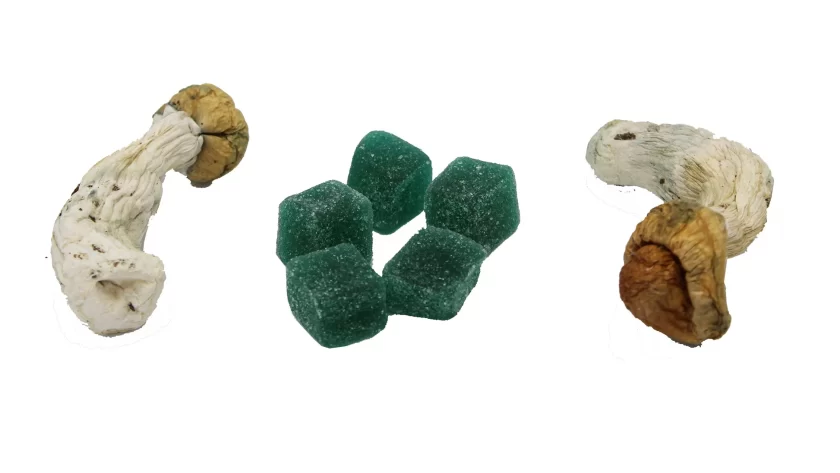Magic mushrooms, particularly those containing psilocybin, have intrigued humans for centuries, intertwining with cultures and spiritual practices. Recently, there’s been a resurgence of interest in their mystical properties, specifically focusing on the enigmatic spores from which these magic mushroom spores originate. While the spores themselves do not contain psilocybin, their potential and significance in the life cycle of these potent fungi are profound.
The Life Cycle and Mystical Significance
The magic mushroom spores are the reproductive units of fungi, akin to seeds in plants. They hold the genetic blueprint to create a mature mushroom capable of producing psilocybin, the psychoactive compound responsible for the profound mental and spiritual experiences associated with these mushrooms. The journey from spore to mature mushroom involves a complex life cycle, starting with the germination of the spore into mycelium—a network of thread-like structures. This mycelium eventually gives rise to the fruiting body, the part of the mushroom that is typically consumed.
The spores themselves are often seen as the embodiment of potential and transformation. In various spiritual traditions, they symbolize the unseen forces that drive growth and change, paralleling the mystical experiences induced by psilocybin. This symbolism is particularly potent in shamanic and indigenous practices, where the spores are revered as a microcosm of the universe, encapsulating the mystery of life, death, and rebirth.

Potential Beyond Psilocybin
While the primary focus tends to be on the psychoactive effects of mature magic mushrooms, the spores are gaining attention for their potential in various fields. For instance, researchers are exploring their use in genetic studies to better understand fungal biology and the mechanisms behind psilocybin production. This knowledge could lead to breakthroughs in biotechnology, such as the synthetic production of psilocybin for medical purposes.
Moreover, the spores have ecological significance. Mycelium, derived from spores, plays a crucial role in ecosystems as decomposers, breaking down organic matter and recycling nutrients. This ecological function underscores a deeper, often mystical view of mushrooms as connectors within the web of life, bridging the seen and unseen worlds.
Cultivation and Legal Status
Cultivating magic mushrooms from spores is a growing interest among enthusiasts and researchers. However, the legal status of magic mushroom spores varies globally. In many places, spores are legal to buy and possess since they do not contain psilocybin. Yet, their cultivation into mushrooms often remains regulated. This legal nuance adds to the mystique of spores, existing in a liminal space between legality and prohibition, much like the experiences they ultimately facilitate.





